Common Dental Problems
Dental
Tooth Decay
Caries, or tooth decay, is a preventable disease. While caries might not endanger your life, they may negatively impact your quality of life.
When your teeth and gums are consistently exposed to large amounts of starches and sugars, acids may form that begin to eat away at tooth enamel. Carbohydrate-rich foods such as candy, cookies, soft drinks and even fruit juices leave deposits on your teeth. Those deposits bond with the bacteria that normally survive in your mouth and form plaque. The combination of deposits and plaque forms acids that can damage the mineral structure of teeth, with tooth decay resulting.
Sensitive Teeth
Your teeth expand and contract in reaction to changes in temperature. Hot and cold food and beverages can cause pain or irritation to people with sensitive teeth. Over time, tooth enamel can be worn down, gums may recede or teeth may develop microscopic cracks, exposing the interior of the tooth and irritating nerve endings. Just breathing cold air can be painful for those with extremely sensitive teeth.
Gum Disease
Gum, or periodontal, disease can cause inflammation, tooth loss and bone damage. Gum disease begins with a sticky film of bacteria called plaque. Gums in the early stage of disease, or gingivitis, can bleed easily and become red and swollen. As the disease progresses to periodontitis, teeth may fall out or need to be removed by a dentist. Gum disease is highly preventable and can usually be avoided by daily brushing and flossing. One indicator of gum disease is consistent bad breath or a bad taste in the mouth.
Toothache
A toothache can be caused by several conditions including cavities, abscesses, irritation of the root, cracked tooth, and gum disease. In case of a toothache, begin by cleaning around the sore tooth meticulously. Using warm salt water, rinse the mouth to displace any food trapped between teeth. Do not use aspirin on the aching tooth or on the gum. In the event of facial swelling, apply a cold compress to the area. For temporary pain relief, acetaminophen is recommended. See a dentist as soon as possible.
Wisdom Teeth
Wisdom teeth usually appear in the late teens or early twenties and often lack the proper space to come through. When any tooth lacks the space to come through or simply develops in the wrong place of your jaw and becomes impacted, problems can arise. Primarily, damage to adjacent teeth and crowding occur.
In certain cases, the wisdom tooth that cannot come through becomes inflamed under the gums and in the jawbone, causing a sac to develop around the root of the tooth that then fills with liquid. This can cause a cyst or an abscess if it becomes infected. If either of these situations goes untreated, serious damage to the underlying bone and surrounding teeth and tissues can result.
Orthodontic
Common Problems
Introduction
Menu
When a person's teeth or jaws do not fit together properly, orthodontics may be needed to strengthen their teeth and promote ideal form and function. These problems, often called malocclusions - or bad bites - can cause speech difficulties, prematurely wear down teeth's enamel, and can even increase the chance of injury to teeth and jaw joints if left untreated.
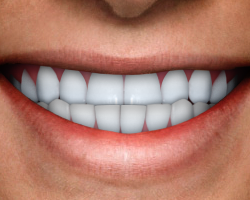
In an underbite, the lower jaw extends out, causing the lower front teeth to sit in front of the upper front teeth.
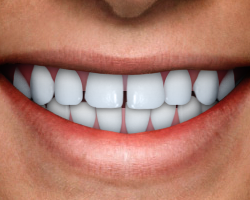
Spacing problems may be caused by missing or misaligned teeth, or they may only be a cosmetic issue.
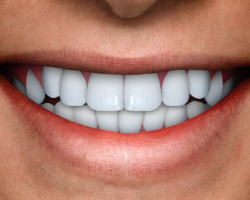
Upper front teeth protrusion is characterized by the upper teeth extending too far forward or the lower teeth not extending far enough forward.
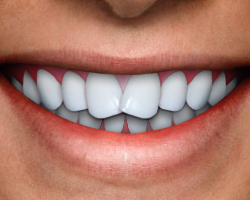
Crowding occurs when teeth have insufficient room to erupt from the gum. Palatal expansion can often correct crowding, thereby avoiding the extraction of teeth.
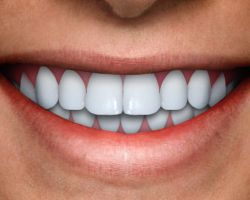
In an overbite, the upper front teeth extend out over the lower front teeth, sometimes causing the lower front teeth to bite into the roof of the mouth.
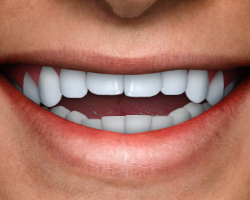
Proper chewing is impacted by an openbite, in which the upper and lower front teeth do not overlap. Openbites may be caused by habits such as thumb sucking or tongue thrusting.
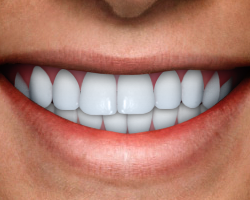
Mismatched dental midlines are evident when the center line of the upper teeth do not line up with the center line of the lower teeth. This may negatively impact proper dental and jaw function.
